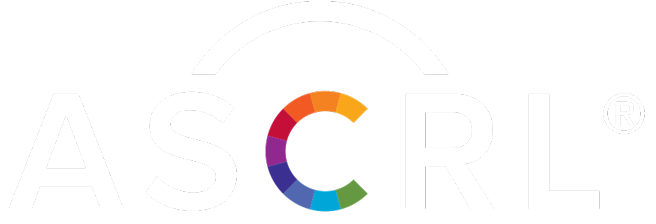© Kyle T. Webster member since 2020
ASCRL responded to the Copyright Office’s Notice of Inquiry on generative AI. The Office is conducting an extensive study on the implications of generative AI for copyright law and policy. Stakeholder feedback is critical, since the information gleaned from the inquiry will guide the Office in advising Congress on potential action to address issues raised by generative AI.
In our response to the inquiry, we raised several points:
- Photographers, illustrators, and designers are a critical part of the US economy (photographers alone added 9.9 billion dollars to the GDP in 2021). It is critical to US cultural standing and economic stability that, as generative AI becomes established, the rights of creators in the marketplace remain protected.
- The current protections copyright law provides are insufficient to hinder the unauthorized ingestion of creative works for machine learning:
- Financial remedies are insufficient.
- Legal procedures are complicated.
- Because it isn’t feasible for visual artists to register the copyrights to the vast quantity of their works vulnerable to ingestion, statutory damages for infringement would be unavailable.
- Even if class action lawsuits filed on behalf of copyright holders were successful, photographers, illustrators, and designers would still be faced with high legal costs and low remuneration for any subsequent lawsuits.
- Collective licensing systems in the United States can provide generative AI platforms and users with a nationwide licensed visual repertoire, while delivering to photographers, illustrators, and designers remuneration for the use of their work efficiently and economically. Collective licensing would also curb the unfettered ingestion of visual works for generative AI.
- Collecting Licensing Societies play a critical role in the generative AI ecosystem:
- Via voluntary collective licensing programs, they make available to generative AI platforms and users the works of individual artists who would otherwise be sidelined by large content aggregators.
- They administer and distribute licensing fees to participating artists remuneration based on fair models that take into account the artists’ publication history and repertoire size.
- They administer the opt-in or opt-out of the collective licensing program.
As we wrote in our comment letter, it is critical that US photographers, illustrators, and designers maintain control of their constitutional right “to copy” their creations: “Clearly, the preservation of economic reward for the visual materials industries is good for the country, local economies, and surrounding businesses. It is therefore essential to the United States’ cultural standing that, as the AI marketplace becomes established, rewards that are offered to illustrators and photographers in the visual materials marketplace be enhanced and remain protected.”
You can read our comment letter to the Copyright Office here.
